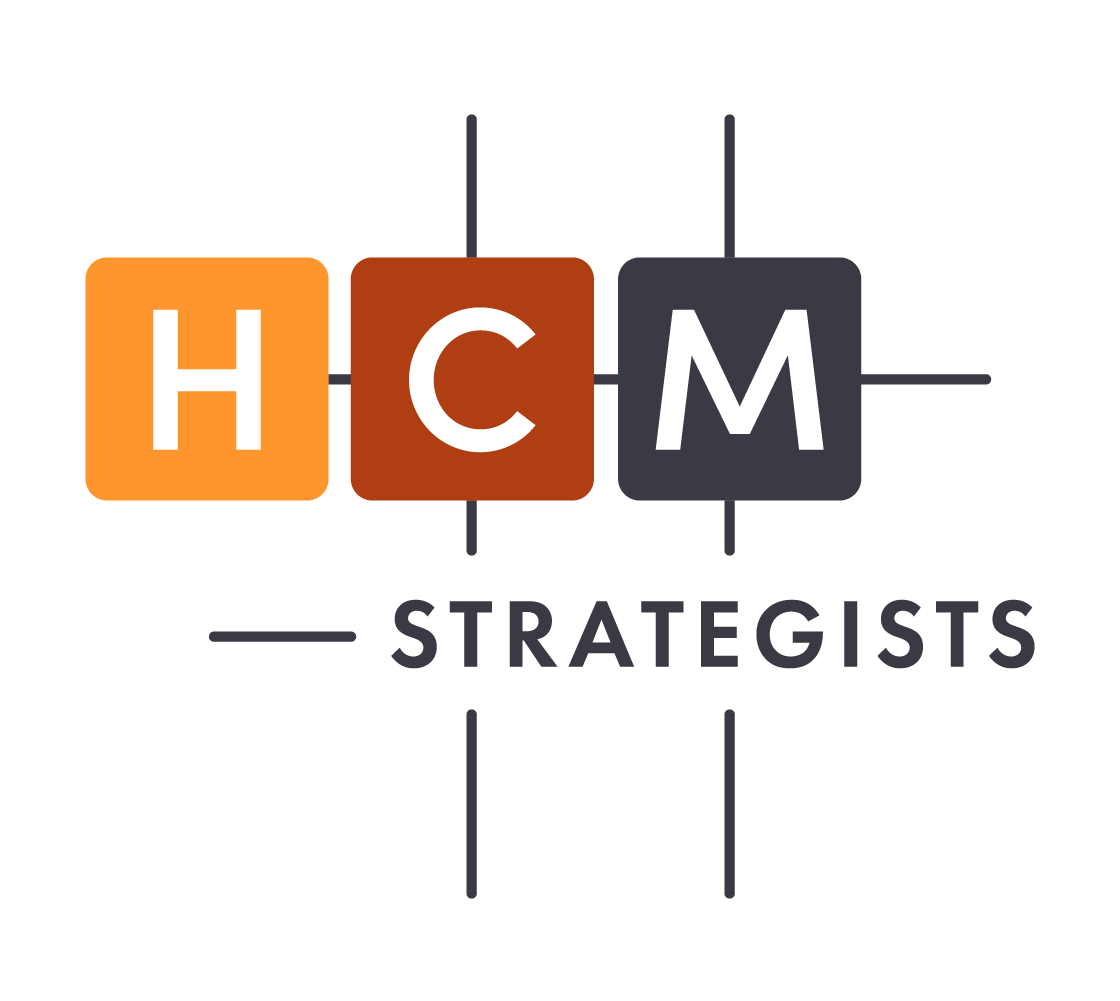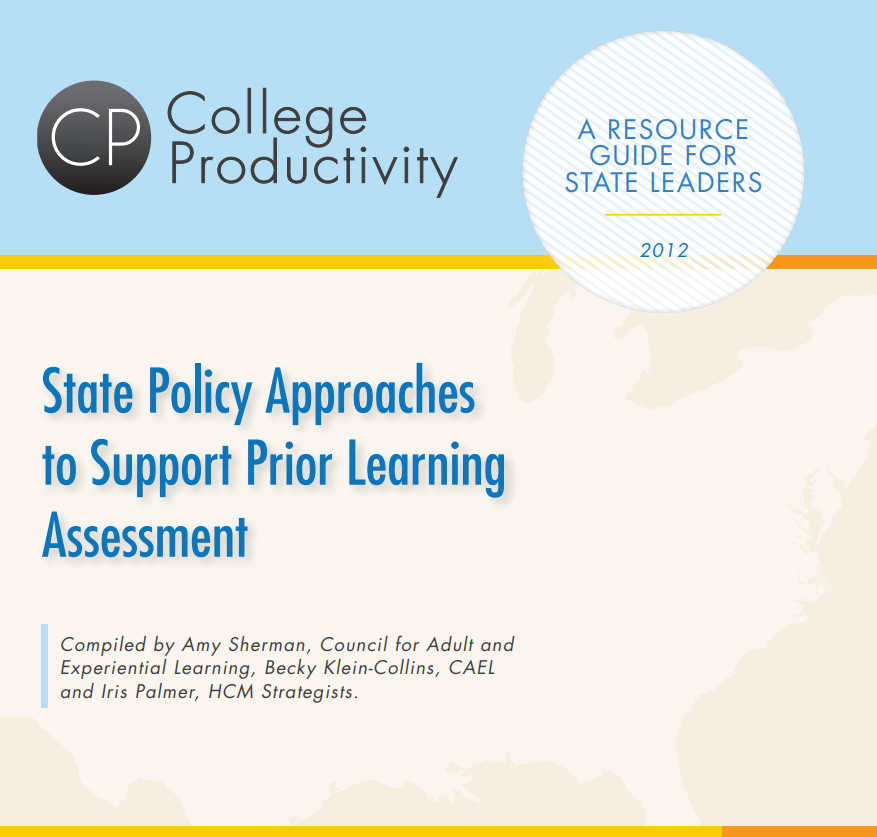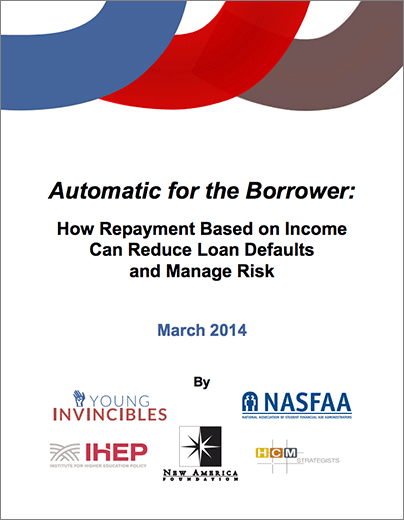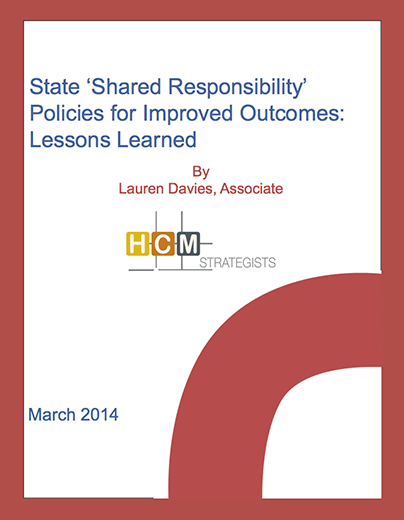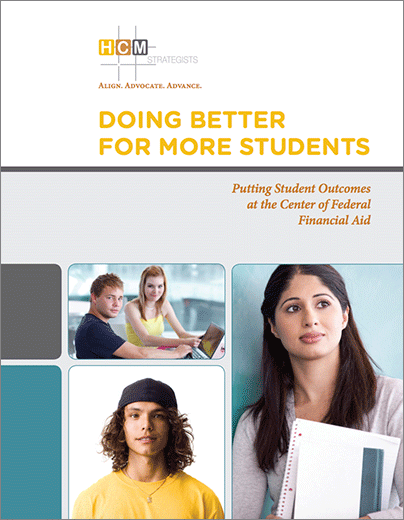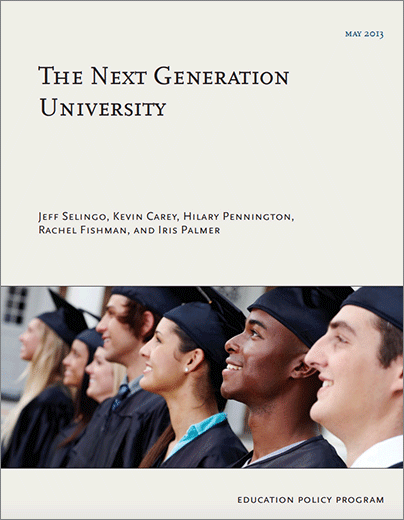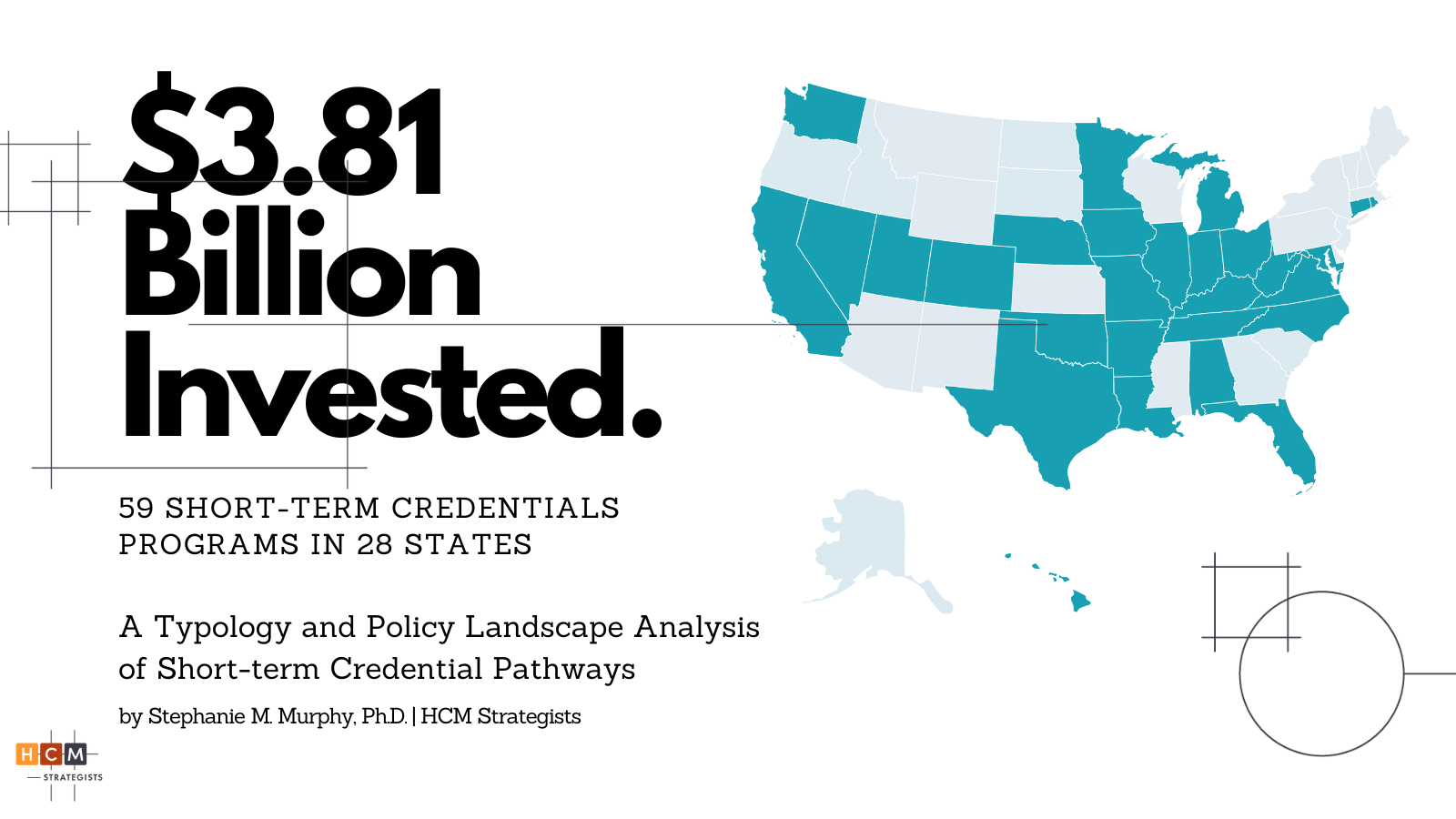
Resources and insights to support professionals working across the education sector

- 15 years
- About Us
- Admissions
- Adult learners
- Affordability
- Alternative pathways
- Assessments
- blog
- community colleges
- Covid-19
- Credentials
- Curriculum
- data
- Data
- Degree attainment
- Economic mobility
- Economic recovery
- Education
- Education policy
- Employee spotlight
- Equity
- Federal policy
- Fellows
- finance
- Finance
- Financial aid
- five questions
- funding
- Funding
- Funding formulas
- Graduation
- HCM staff
- Insights
- Job skills
- Jocelyn Pickford
- K-12
- Literacy
- Mental health
- Mission
- Outcomes
- Parent perceptions
- Parents
- Polling
- polls
- Postsecondary
- Public policy
- Racial equity
- Racial justice
- Remote instruction
- research
- short-term credentials
- Social justice
- staff spotlight
- State policy
- Stephanie Murphy
- Student metrics
- Students
- Systems
- Teachers
- Technology
- Testing
- Transfer
- typology
- Virtual learning
- will carroll
- Work-based learning
Parents 2017: Unleasing Their Potential and Power
Parent mindsets report (2017) in collaboration with Learning Heroes
State Finance Policy Best Practices
Paper by Martha Snyder for the Miller Center at UVA
Parents 2016: Hearts and Minds of Parents in an Uncertain World
Parent mindsets report (2016) in collaboration with Learning Heroes
Driving Better Outcomes: Fiscal Year 2016 State Status and Typology Update
Announcement and link to a 2016 update to our Driving Better Outcomes Typology
State Policy Approaches to Support Prior Learning Assessment
This guide is intended to serve as a resource for state leaders who wish to support PLA, whether through new higher education policy or through legislation.
State Policy Approaches to Support Prior Learning Assessment
Driving Better Outcomes: Typology and Principles to Inform Outcomes-Based Funding Models
Writeup about Driving Better Outcomes Typology
Automatic for the Borrower: How Repayment Based on Income Can Reduce Loan Defaults and Manage Risk
This paper by the RADD 2.0 consortium outlines the need for an automatic income-based repayment (IBR) system, measures the current IBR terms against these principles, examines ways to reduce administrative burdens and discusses the reasons for altering the current IBR formula when implementing auto-IBR.
State 'Shared Responsibility' Policies for Improved Outcomes: Lessons Learned
States are natural laboratories for experimentation on policy design and implementation. It is instructive to look to states for guidance on how to strengthen federal accountability for financial aid, including federally guaranteed loans. For the past 35 years, state higher education systems have experimented with ways to use outcomes data to share responsibility for improved outcomes. This review of state policies describes how widespread “shared responsibility” policies for college completion are, what emerging or existing evidence of effectiveness exists and which outcomes metrics are used to implement these policies.
Evaluation of Indiana's Financial Aid Programs and Policies
A report that answers a series of questions posed about the effectiveness of Indiana’s financial aid programs, the efficiency of the programs’ administrative operations, and the projected costs of the aid programs over the next twenty years.
Doing Better for More Students
HCM convened a small group of financial aid, tax and higher education policy experts. The technical panel was charged with examining the overall financial aid system and developing innovative policy ideas that respond to the fiscal, economic and demographic realities the nation faces today.
The Next Generation University
This report focuses on a group of institutions that play a particularly important role in the face of these challenges— public research universities.
College is Worth It
HCM Strategists partnered with Hart Research Associates and The Winston Group to produce this report on beliefs about the importance of college, impressions of the financial aid system, priority for reform, and reactions to potential reform approaches.
Going the Distance in Adult College Completion
The Voluntary Institutional Metrics Project
A Better Higher Education Data and Information Framework for Informing Policy
Staff Spotlight: Five Questions with Will Carroll. Get to know our Managing Director of Strategic Finance and Student Success
Insights Blog: Five Questions with HCM’s Managing Director of Strategic Finance and Student Success
Evolving Our Understanding of Equitable Postsecondary Finance
Insights Blog: Evolving Our Understanding of Equitable Postsecondary Finance
HCM + Edge Research Release Follow-Up Learner Research: Continuing to Explore the Exodus from Higher Education
HCM + Edge Research release results from second year of major research study, Continuing to Explore the Exodus from Higher Education.
It’s Time to Get REAL: A Policy Playbook to Demand Black Learner Excellence
A policy playbook to demand excellence for Black learners.
Short-term Credentials Continue to Grab Attention of State Lawmakers
In her latest blog, our director of state policy and research examines the latest state legislation for funding of short-term credential pathways.
A Typology and Policy Landscape Analysis of State Investments in Short-term Credential Pathways
The first of its kind typology and policy landscape analysis of short-term credentials programs by Stephanie M. Murphy, Ph.D.
Parents: Your Kids Can’t Read. It’s Time to Get Angry—and Act.
HCM senior affiliate Jocelyn Pickford’s op-ed on early child literacy.
